My first few trips to the opera were definitely uninspiring. Required attendance while at Christ Church Cathedral School, I know I sat through two classic Mozart operas at the New Theatre Oxford, but came away with very little appreciation of the music.
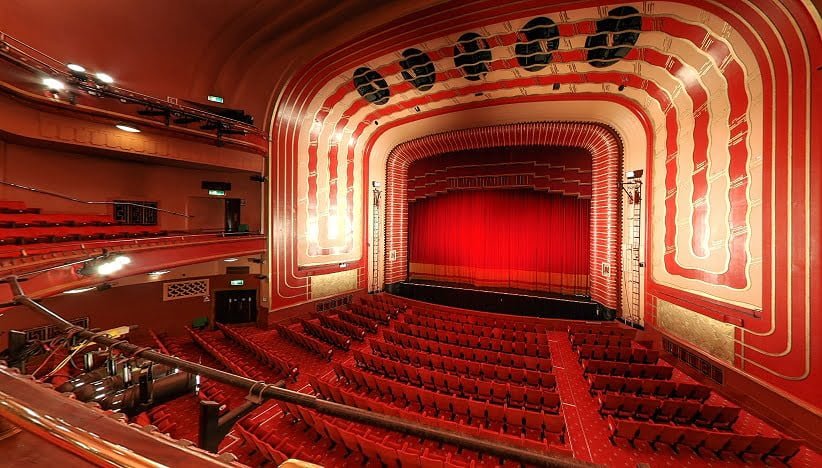
I only really got the bug when I was a bit older, and was introduced to Verdi, Puccini and Wagner. Although the first big impact was a semi-staged production of King Priam by Michael Tippett (1905 – 1998) with a much more complex harmonic and rhythmic style than Mozart. Tippett isn’t as performed or known as Benjamin Britten, but they were essentially contemporaries. I had first come across Tippett as a chorister at Christ Church Cathedral, singing his setting of the canticles, Magnificat and Nunc Dimittis, or Tippett’s St. John’s Service.
So after that, I really started making the effort. And it does take some effort. Opera is often sung in German, French or Italian, rarely in English. The action moves slowly because people sing a lot about what’s going on for them “inside”. And most operas require sitting through 3 or more acts, which last from 50 to 90 minutes each. However here are some tips to get you started:
My starter tips for opera appreciation
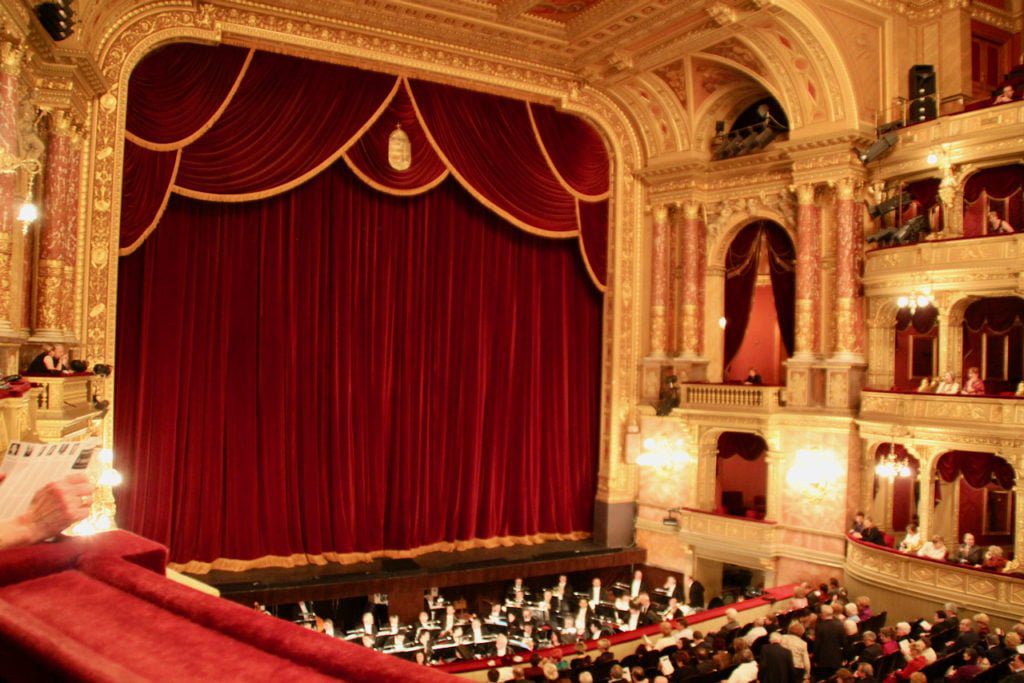
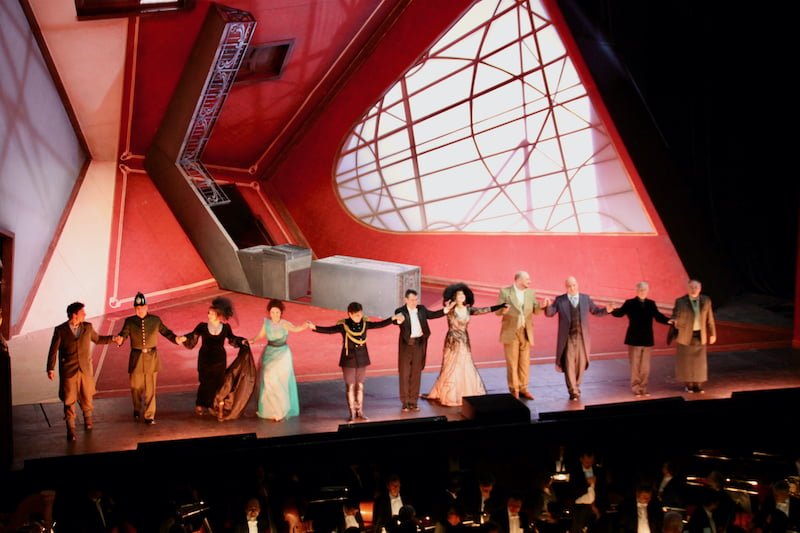
Study the plot beforehand.
These days, you can find most things on Wikipedia, including the plot of most operas. Unlike a film, you aren’t really going to spoil your enjoyment by knowing in advance what happens. In fact, most operas contain some pretty juicy and even salacious events, and someone usually dies, unless it’s a comedy which are much less common. I’m often asked why opera is quite so darkly tragic. Well, because tragedy is more emotionally intense and ripe for composing music and singing about your troubles connects with people more than “Everything is awesome“.

Anyway, the point is that foreknowledge and some preparation here can really help you make sense of the experience by giving you a sense of anticipation. And if it is sung in a language you don’t understand, the synopsis of an act will give you the gist of what is going on, and the music will reinforce that knowledge by conveying the emotional significance for the characters.
Listen to some musical highlights.
Again, it doesn’t hurt to familiarize yourself with some of the more famous arias or songs from an opera. There are also some really great orchestral moments and overtures that are often performed in isolation. The Ride of the Valkyries (Wagner) is just one well-known example, the overture to the Marriage of Figaro (Mozart) another and most of the overtures by Rossini are very popular, while the operas themselves are rarely performed.
Make it a special night.
Opera is a good place where it is okay to dress up. But you also want to be comfortable. So try to find a balance. Some of the longer operas (Wagner’s four hour affairs) allow a significant interval between the first and second act when you can get something to eat. Depending what city you are in, and whether you can attend an acclaimed Opera House or Theatre, there are often nearby restaurants that offer a pre-theatre menu.
Take some small binoculars.
While the opera houses are usually designed so the all the tiers (levels) are quite close to the stage, you can still find yourself a long way away from the stage. Opera glasses are often available to rent or buy at the theatre. You don’t want to be holding anything heavy, but if you have a small pair of binoculars, take them.
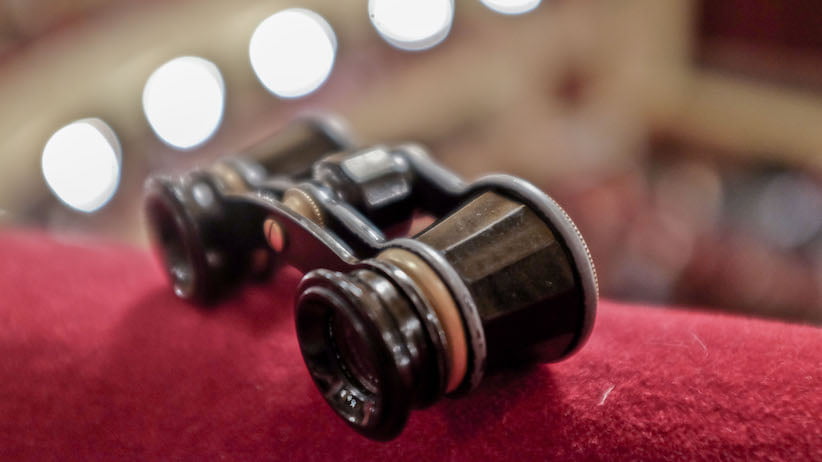
Try to get a good seat.
Okay, so prices can get pretty high for a ticket. So if you’re on a tight budget, you may have to go with the cheap seats at the back of the upper circle. But the trick is to get close to the sound of the orchestra and the singers. Opera isn’t amplified by microphones and speakers. It is entirely acoustic. But there are often some seats in the more expensive areas which have a restricted view, so are reduced in price. While it is nice to get a good view of the whole stage, it isn’t as crucial as it would be for the ballet or other dancing stage spectacles. Also, I would encourage you to think of an opera as a rare experience, one that could last you a lifetime in memory. So save up, and do it in style!
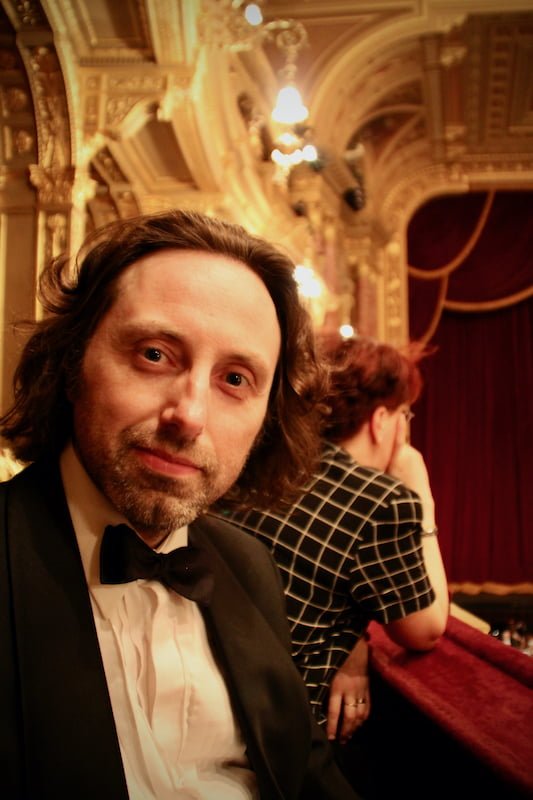
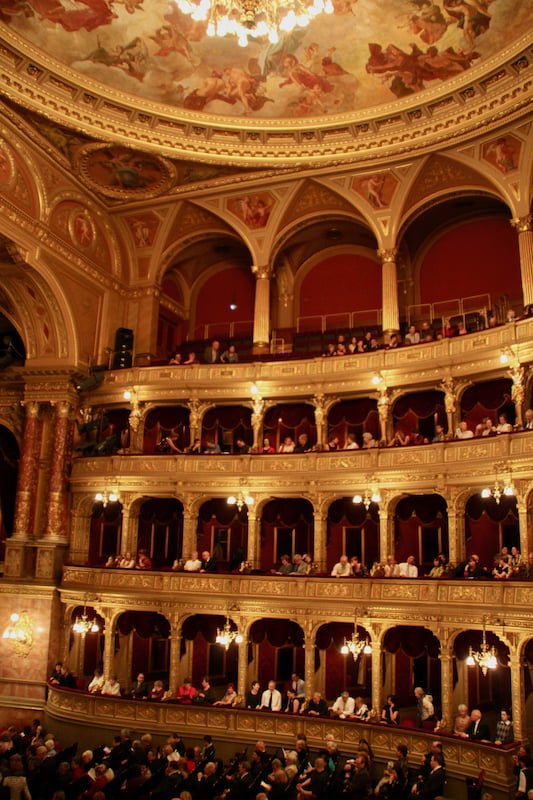
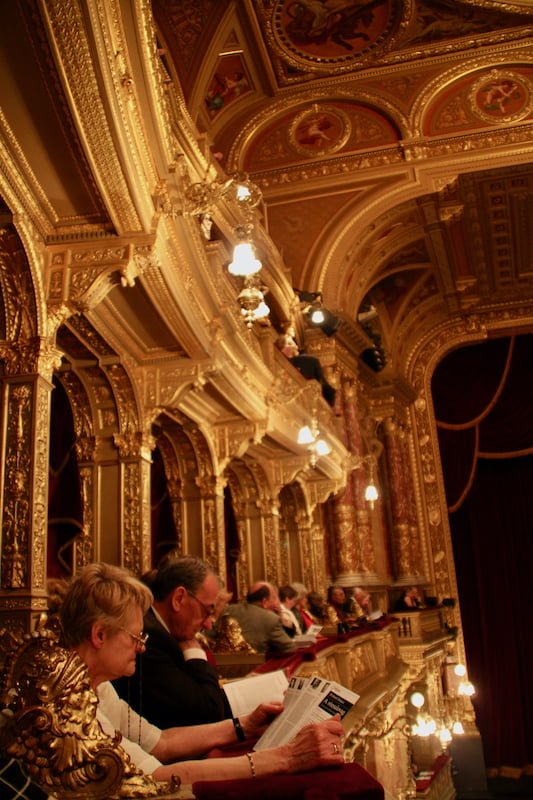
I’ve often met couples at the opera, where only one partner is really into it. One of them goes to sleep through most of it. Well, that’s okay, so long as you don’t snore!
Wagner has some lovely moments but awful quarter-hours.
Rossini et al. (attrib.)
Personally, I find it hard to stay fully awake through every Wagner opera. It’s never awful though. But if you do drift off, it’s a good sleep.

